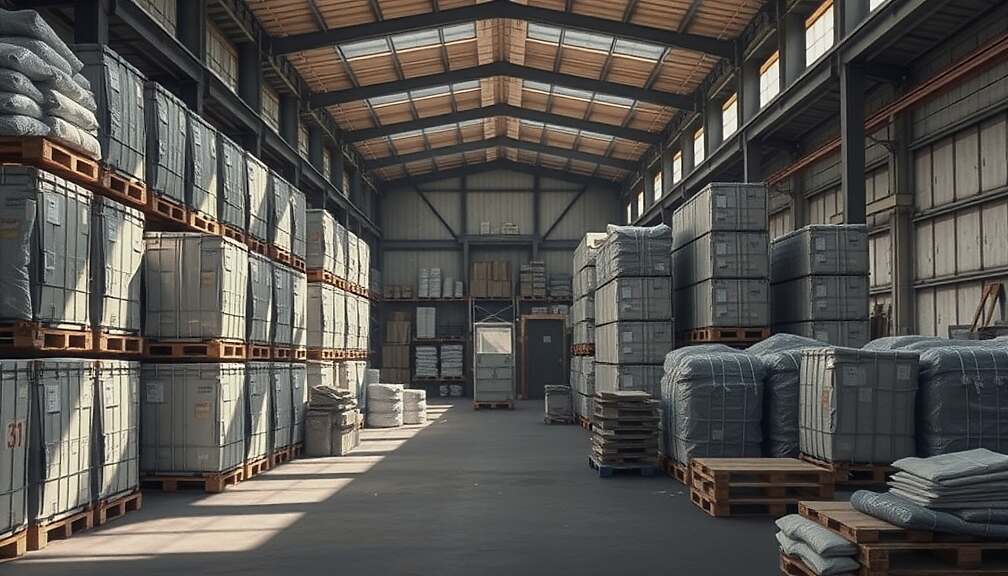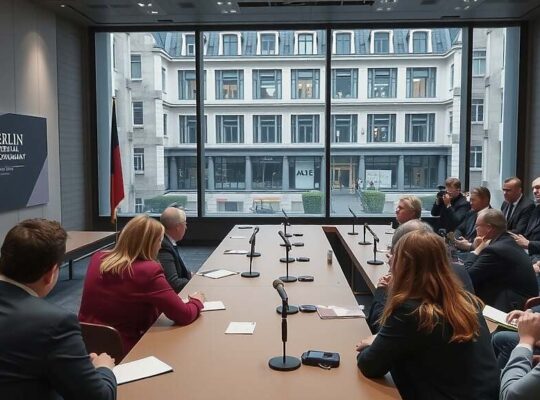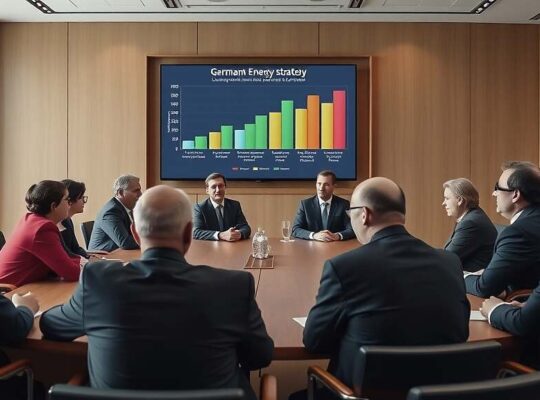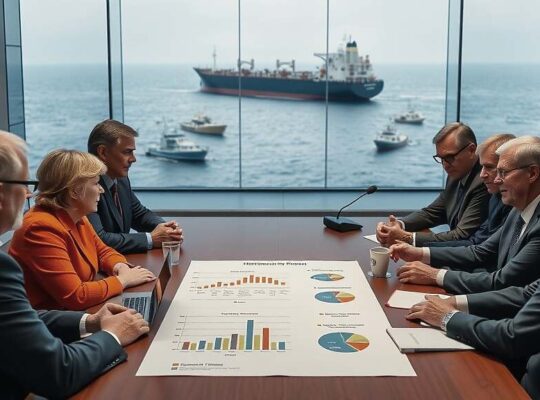Germany faces a growing imperative to dismantle its reliance on China for critical raw materials, a move championed by leading figures across the political spectrum. Roderich Kiesewetter, a prominent CDU foreign policy expert, is spearheading calls for the establishment of a state-controlled strategic reserve of essential resources, drawing parallels to Cold War-era preparations.
Kiesewetter argues that Germany’s long-held strategy of “security through trade” has demonstrably failed, evidenced by Beijing’s recent and escalating export restrictions and controls. He contends that China’s increasingly close alignment with Russia necessitates a fundamental shift in Germany’s procurement strategies, primarily focusing on diversifying sources away from a single provider.
The proposed reserve would leverage existing, underutilized state-owned land and warehousing facilities, coordinated by the Federal Ministry for Economic Affairs and the German Raw Materials Agency (DERA). Kiesewetter emphasized the urgency, warning that failure to act swiftly risks placing Germany in an increasingly vulnerable position susceptible to coercive pressure from China.
Beyond the establishment of a reserve, the call extends to actively cultivating alternative supply chains. Kiesewetter specifically advocates for bolstering existing strategic partnerships, particularly with Brazil and exploring options with countries like Australia, India and Tanzania to secure access to rare earth elements and other vital materials. He also urges the government to provide incentives for German companies heavily reliant on Chinese supply chains to proactively diversify their sourcing.
The need for action is not limited to one political camp. Robin Wagener, a Green Party foreign policy spokesperson, echoed Kiesewetter’s assessment, underscoring the importance of “technological resilience and sovereignty”. Wagener asserted that the illusion of a free market untouched by geopolitical power plays has been permanently shattered. “Economic dependencies have become a geopolitical tool” he stated, highlighting that Beijing’s recent actions underscore the prioritization of power over market principles.
This escalating situation raises concerns about the long-term implications for German industry and its ability to maintain competitiveness. The need to rapidly re-evaluate and restructure established supply chains represents a significant undertaking, demanding both political will and substantial financial investment.












